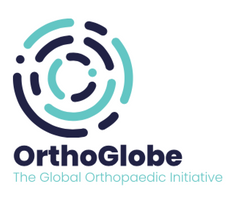Research partnerships are collaborations between different organizations, institutions, or groups that come together to conduct research. These partnerships can take many forms, such as:
- Academic-Industry Partnerships: These partnerships involve collaboration between academic researchers and industry partners, such as pharmaceutical companies or biotech firms. The goal is often to conduct research that will lead to the development of new products or therapies.
- Government-Academic Partnerships: These partnerships involve collaboration between government agencies, such as the National Institutes of Health (NIH) and academic researchers. The goal is often to conduct research that addresses public health or policy issues.
- International Partnerships: These partnerships involve collaboration between researchers from different countries. The goal is often to conduct research that addresses global health issues or to share resources and expertise.
- Community-Based Participatory Research (CBPR) partnerships: These partnerships involve collaboration between researchers and community members, such as patients or community organizations, with the goal of involving community members in the research process and ensuring that the research addresses their needs and concerns.
Research partnerships can bring many benefits such as; Sharing of resources and expertise, increased diversity of perspectives and ideas, and the ability to conduct more comprehensive and innovative research. Additionally, partnerships can also help to build and strengthen relationships within the research community and facilitate the translation of research findings into practice and policy.
Our Partnerships





